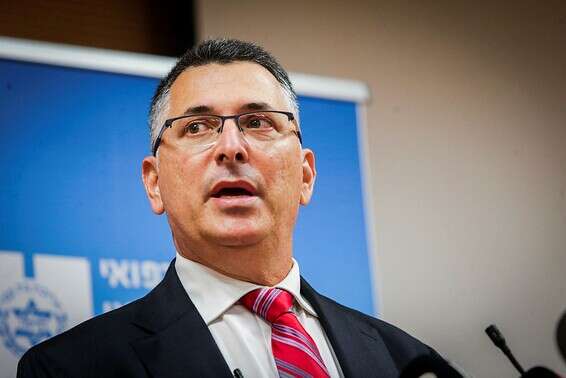
Netanyahu: “Ganz folds against Nissenkorn, which imposes a dictatorship of officials” // From Benjamin Netanyahu’s Facebook page
On Monday evening, the last attempt to save the 35th Knesset from dispersal was thwarted by a law that postponed the deadline for transferring the budget, after four coalition members, three from the Blue and White Party – Assaf Zamir, Miki Haimovich and Ram Shefa, and MK Michal Shir from the Likud (since Has already announced its support for Gideon Saar’s party, voted against the law, and it fell by a majority of opponents – 49 to 47 supporters.

Many of the political commentators – as usual – are already in a hurry to eulogize Netanyahu, who is indeed facing a particularly difficult challenge. However, polls by television channels published last night showed that the Likud led by him still leads Saar’s party by about ten seats. The bloc that opposes Netanyahu enjoys a small advantage of 62 to 64 seats – provided that very different parties in their ideological views, such as the joint list and Saar’s party, succeed in forming a government together led by an agreed candidate.
From the beginning of the government’s path, it was clear that trust between its two main components – Blue and White and the Likud – did not exist, but the Corona crisis, which was still in its infancy at the time, forced Netanyahu and Gantz, after three undecided elections, to reach an agreement.

The unity government was a strange political creature from the moment it was created, and its establishment was accompanied by agreements formulated in detail, a change in the Basic Law, and even the establishment of a new role, an Israeli global renewal – the role of the replacement prime minister. But it soon became clear that despite the agreements and despite the fine words on the day of the swearing-in of the government, the quarrels of the election period continued – within the government.
Last night’s events largely represented the conduct of the 35th government since its inception, but the question remains whether the 24th Knesset, which will be elected in 91 days, will succeed in ending the two-year political crisis in which Israel finds itself.